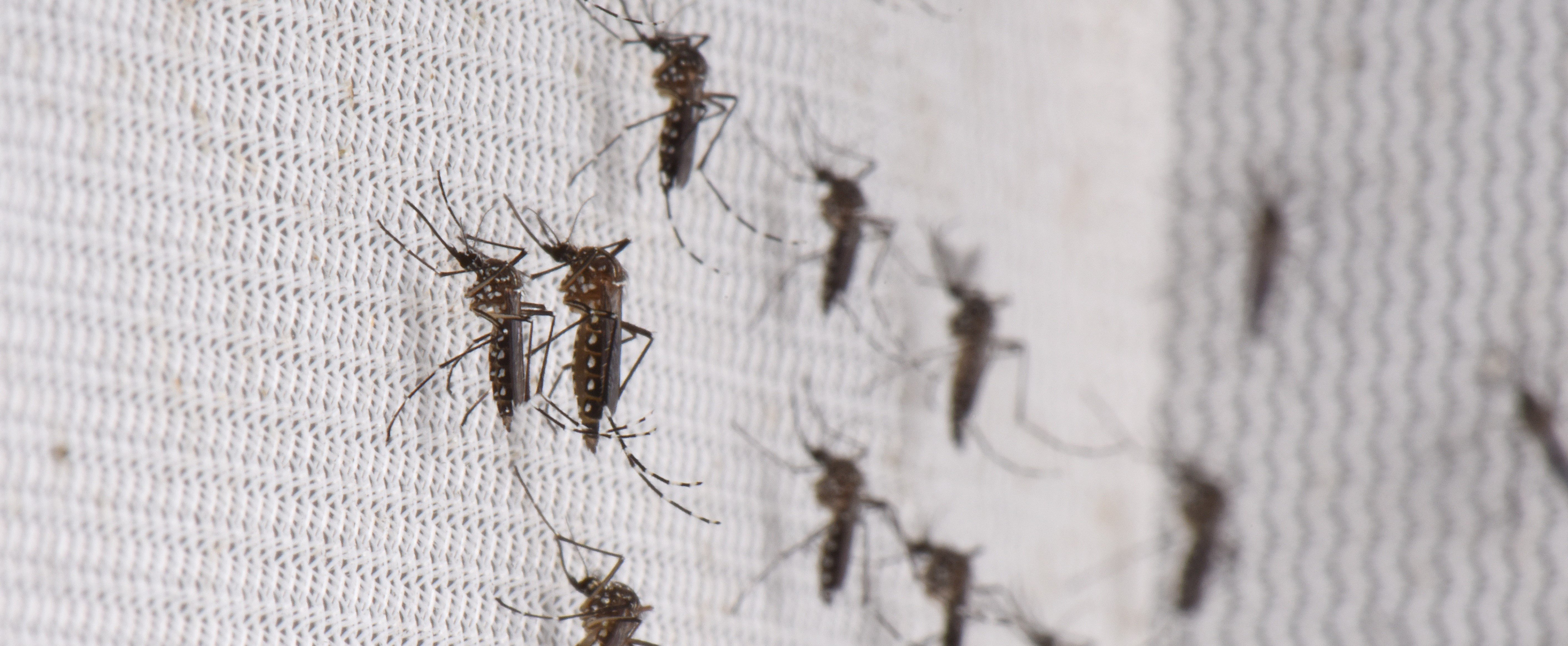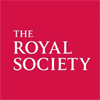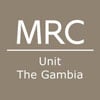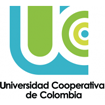The Logan Group comprises medical entomologists, biologists, engineers, project managers and other scientists interested in the biology and control of arthropods that transmit diseases. It is led by Professor James Logan, Professor Medical Entomology and Head of the Department of Disease Control.
The Group’s research portfolio extends from chemical ecology and behavioural studies in the laboratory to intervention trials in the field, all with the aim of developing novel interventions for the surveillance and control of vector borne diseases.
The Logan group explores the complex interaction between arthropod vectors of disease, vertebrate hosts, and pathogens to develop novel interventions for the surveillance or control of vector borne diseases, including malaria, dengue, Zika and trachoma. We are interested in these interactions at the behavioural, olfactory, and molecular level. We also investigate the mode of action of new (and current) monitoring and control technologies for arthropods, using in-house state-of-the-art experimental equipment including electroantennography, single sensillum recording, gas chromatography, and behavioural olfactometry. Our work extends from fundamental studies in the lab, to large scale intervention trials in the field. The Logan group are also the originators of The Global Vector Hub which is an open access, interactive resource. The Global Vector Hub is led by Professor James Logan and managed by members of our group.
Elizabeth Pretorius

Catherine Oke
Scientific Officer

Laura Reis Gomes

Tanaka Manikidza Nyoni
Juliana Quinetro
GenoScent
GenoScent is an MRC-funded project that aims to investigate the genetic basis of attractiveness to mosquitoes, both in the UK and in a natural host-vector-parasite system in The Gambia. The study will provide insight into the mechanisms that can affect our body odour, and make people more or less attractive to mosquitoes.
By collecting body odour from identical and non-identical twins in the UK and The Gambia, we will test the relative attractiveness of twins to the major vector of malaria, Anopheles mosquitoes, in behavioural experiments as well as investigate their odour profiles. The attractiveness and odour profile will then be used in an association study to correlate these traits with the presence of specific genetic variants in the volunteers’ genome. The aim is to develop a novel drug which could be used to reduce the attractiveness to mosquitoes.
GenoScent (Microbiome)
In addition to the Genoscent project objectives, one of our PhD students will investigate the relative contributions of the skin microbiome, genetics and Plasmodium infection in human attractiveness to mosquitoes.
The project aims to understand how humans produce natural attractants and repellents to develop new types of protection against mosquito bites and malaria in the future.
MATAMAL
MATAMAL is the first trial to investigate the impact of adjunctive ivermectin mass drug administration (MDA) to reduce malaria transmission in a seasonal low-transmission setting. Ivermectin will be compared to dihydroartemisinin-piperaquine (DP) treatment only in a cluster-randomized community-based trial in the Bijagós archipelago of Guinea-Bissau.
The primary outcome of the study will be population-based Plasmodium falciparum prevalence and Anopheles gambiae survival. The island setting of the study provides an unparalleled opportunity to understand transmission and its interruption using a combined MDA strategy. The study is funded by Joint Global Health Trials.
ZikaPLAN Wearable technologies
ZikaPLAN (Zika Preparedness Latin American Network) brings together 25 leading research and public health organizations in Latin America, North America, Africa, Asia, and Europe, taking a comprehensive approach to tackle the Zika threat. The Logan Group has worked with partners in Colombia to perform a qualitative study on acceptability of impregnated clothing to explore perceptions and ideas regarding wearable technologies for mosquito bite prevention. We have used our investigation of the attitudes of women in the Colombian cities of Villavicencio and Cali to guide the development of insecticide/repellent-treated clothing. Modelling work is underway to determine what level of protection (i.e. reduction in biting rate) is required from the wearable technologies to have an impact on disease transmission.
Bug-Beats
Current mosquito monitoring methods can be labour intensive and expensive, so the aim of this project is to investigate how an automated surveillance tool could be developed to perform automated mosquito identification using acoustic techniques.
In collaboration with the Royal Veterinary College and Rentokil, the wingbeat frequencies of a range of species (with different infection statuses) will be investigated through olfactometer behavioural and electrophysiological studies, as well as through wing kinematic pattern investigations. These findings will be used to design acoustic lab and field studies to define a "wingbeat frequency database". This would form the fundamental foundation required to design and develop a novel, acoustic-based surveillance tool. The study is funded by Rentokil, and by the BBSRC LIDo Studentship.
Stronger-SAFE
Stronger-SAFE is a five-year project funded by the Wellcome Trust that will increase our understanding of how trachoma is transmitted, leading to the development and testing of new, more effective interventions and treatment approaches.
More information can be found on the Stronger-SAFE website.
Aedes free - Colombia
Aedes- free project investigates the impact of a scaled-up of community-based intervention under multi-sector partnerships on the incidence of dengue and Ae. aegypti density in one of the most hyperendemic cities of Colombia (Girardot). The intervention aimed to cover the most productive Aedes breeding sites with protective netting to prevent mosquitoes from laying their eggs and consequently, reduce mosquito populations, build solid networks with multi-actor players and influence vector control policies.
The process of implementation, along with the role that inter-sectoral collaboration/action approach plays in scaling-up, will also be assessed by conducting a retrospective case study with a mixed-method approach. Primary data, via semi-structured interviews with key stakeholders, will be collected to conduct a process evaluation of the implementation and the mechanisms of change of the intervention. Additionally, a review of study logs, policy documents and other official documents such as guidelines, minutes, laws and decrees will be conducted to provide insight into the intervention process and its context.
This study offers a distinct opportunity to assess a broad range of diverse aspects (mechanisms of impact, contextual factors, processes, quality, fidelity, effectiveness, and outcomes) involved in the implementation of the scaling-up of a complex vector control intervention and elements that are crucial for building an evidence base that informs policy and practice in Aedes-vector borne diseases in Colombia.
The Global Vector Hub
The Global Vector Hub is a global first. It is an open access, interactive resource that not only has the capacity to transform vector research and vector control programmes, but revolutionise our preparedness and ability to respond quickly and effectively to vector-borne disease outbreaks, around the world. For the first time, we aim to bring together researchers and health workers on the largest scale ever seen, cutting across several disciplines, diseases and vectors around the world.
Public Engagement
Bug-Off!
Bug-Off! is our highly popular travel health campaign. Through events across the country we bring fun and informative science to people of ages, helping them to stay safe and have the freedom to explore without risk of bites from mosquitoes and other arthropods. Are you #bugbodyready?.
Professor Logan is Chair of the Public Engagement Committee at LSHTM. The Logan Group and ARCTEC are actively involved in public engagement, and interact with a range of audiences. Enquiries can be made to Professor Logan at james.logan@lshtm.ac.uk.
Welcome to the new Logan Group website





















